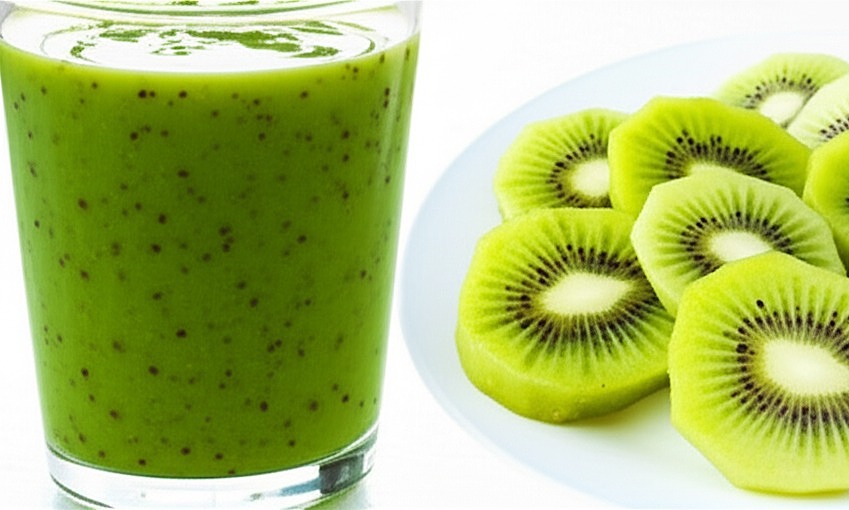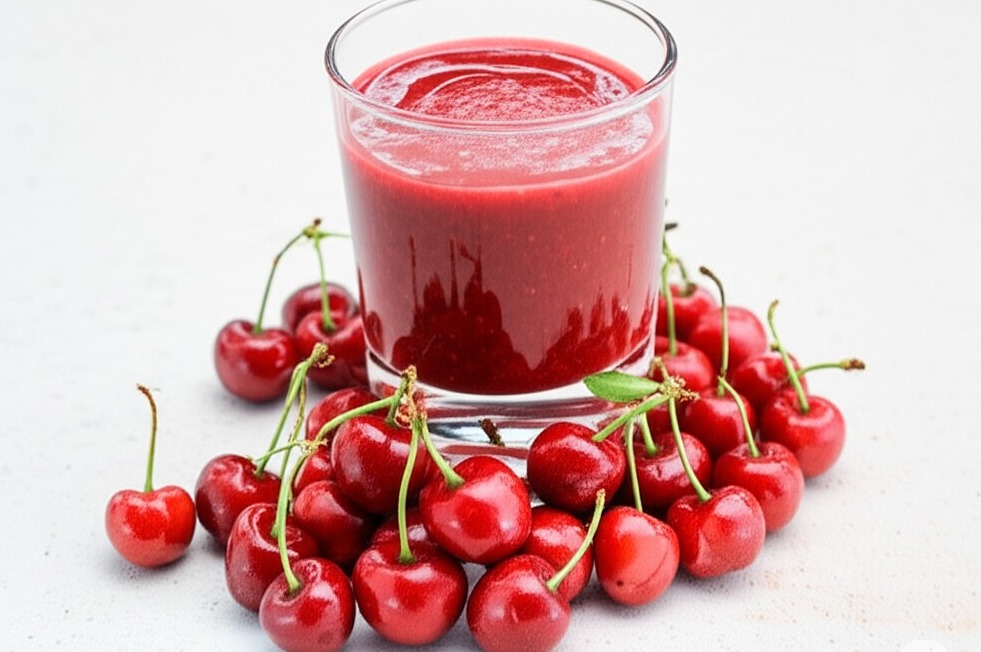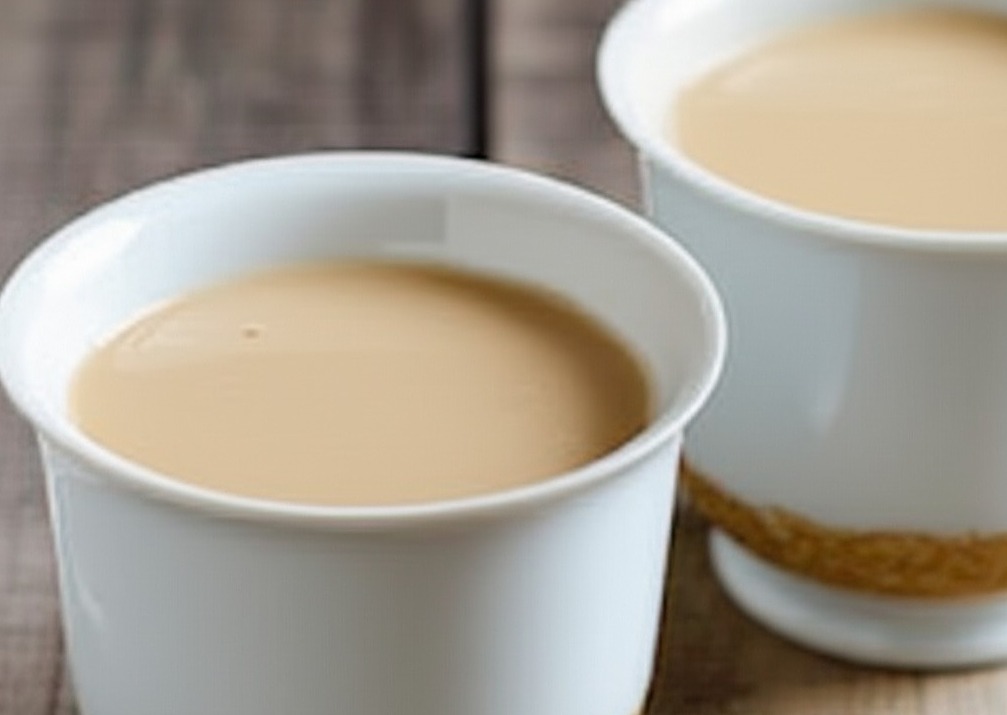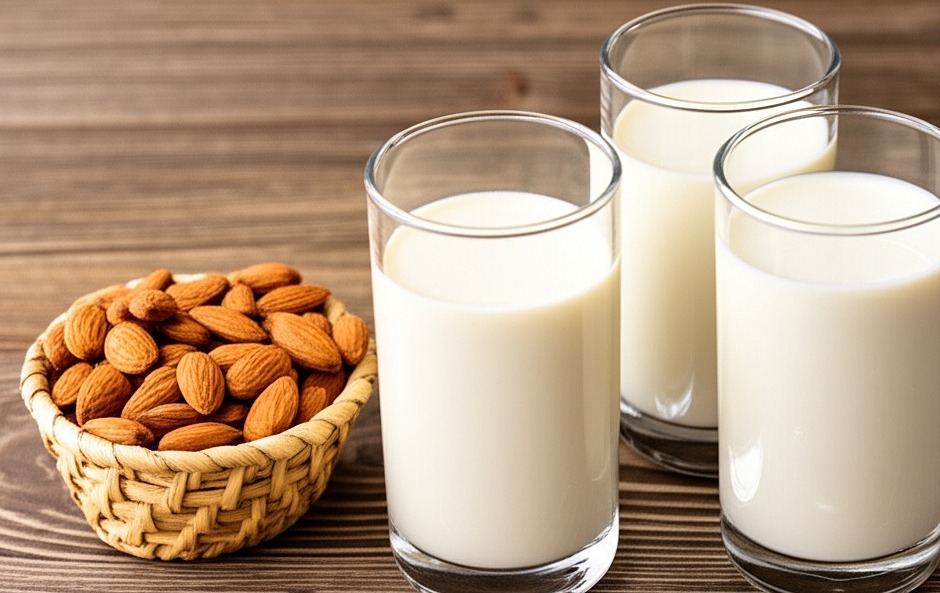 |
Kiwi smoothie: If you don't want to eat kiwis directly, you can blend ripe ones with some seeds and unsweetened milk to make a smoothie. Kiwis are rich in vitamins and minerals like vitamins C and E, potassium, the hormone melatonin, and folate. Drinking a kiwi smoothie after dinner can inhibit inflammation, improve folate deficiency, increase serotonin levels, and promote drowsiness. |
 |
Tart cherry smoothie: Tart cherries have a characteristic sweet and sour taste. They contain a high concentration of melatonin, which helps regulate circadian rhythms and promotes healthy sleep. Smoothies made from tart cherries also contain the amino acid tryptophan, which the body uses to produce melatonin and serotonin. Serotonin is a neurotransmitter involved in mood regulation, antioxidant effects, and good sleep. |
 |
Malted milk: This drink is made by combining milk with flour, barley, and whole milk. Barley is rich in vitamins B and D, phosphorus, zinc, and magnesium, which have relaxing effects before bed. Milk also contains melatonin, and drinking a glass in the evening contributes to increasing melatonin levels in the body, creating a feeling of drowsiness. |
 |
Chamomile tea: Chamomile contains the antioxidant apigenin, which can bind to receptors in the brain, promoting sleepiness. Chamomile tea is calming and relaxing, helping to reduce stress and anxiety, thereby supporting sleep. This type of tea has a small amount of melatonin, which can reduce insomnia symptoms. |
 |
Nut milk: Walnuts and almonds provide the body with abundant natural melatonin. The melatonin content in nut milk can vary depending on the type of nut and the processing method. Drinking a glass of nut milk in the evening helps relax muscles and the mind, promoting a comfortable state of mind and supporting deep, restful sleep. |
Anh Chi (According to Eating Well, Healthline)
Photo: Anh Chi, AI
Readers can submit questions about neurological diseases here for doctors to answer.












